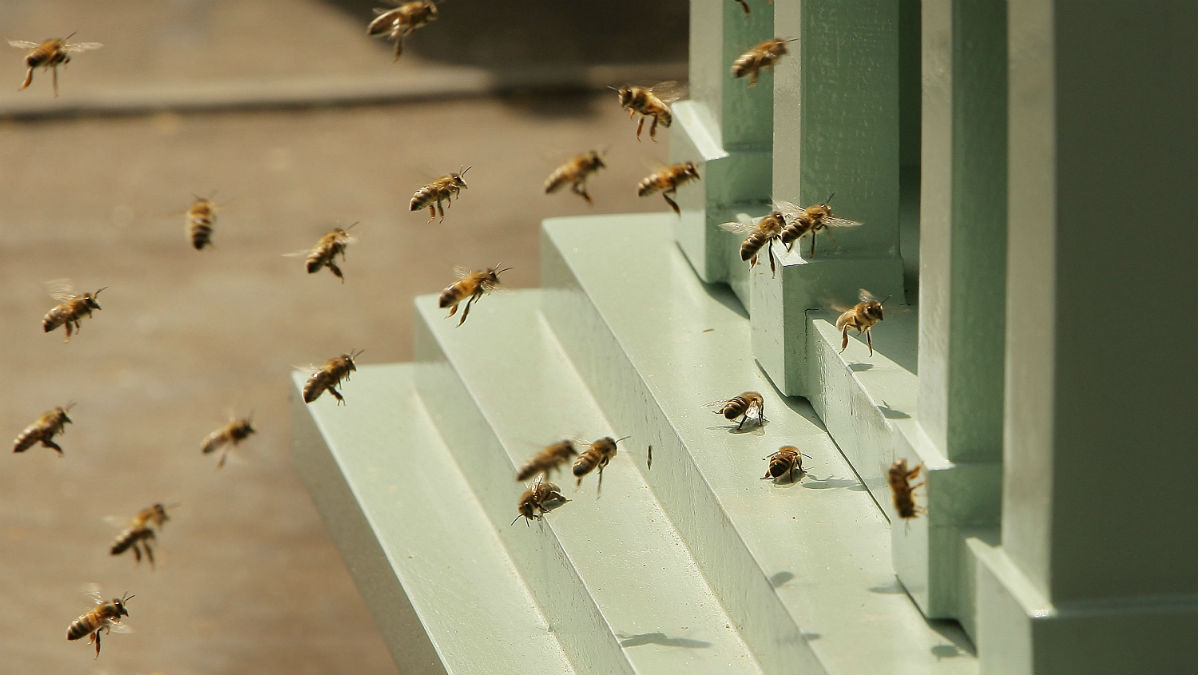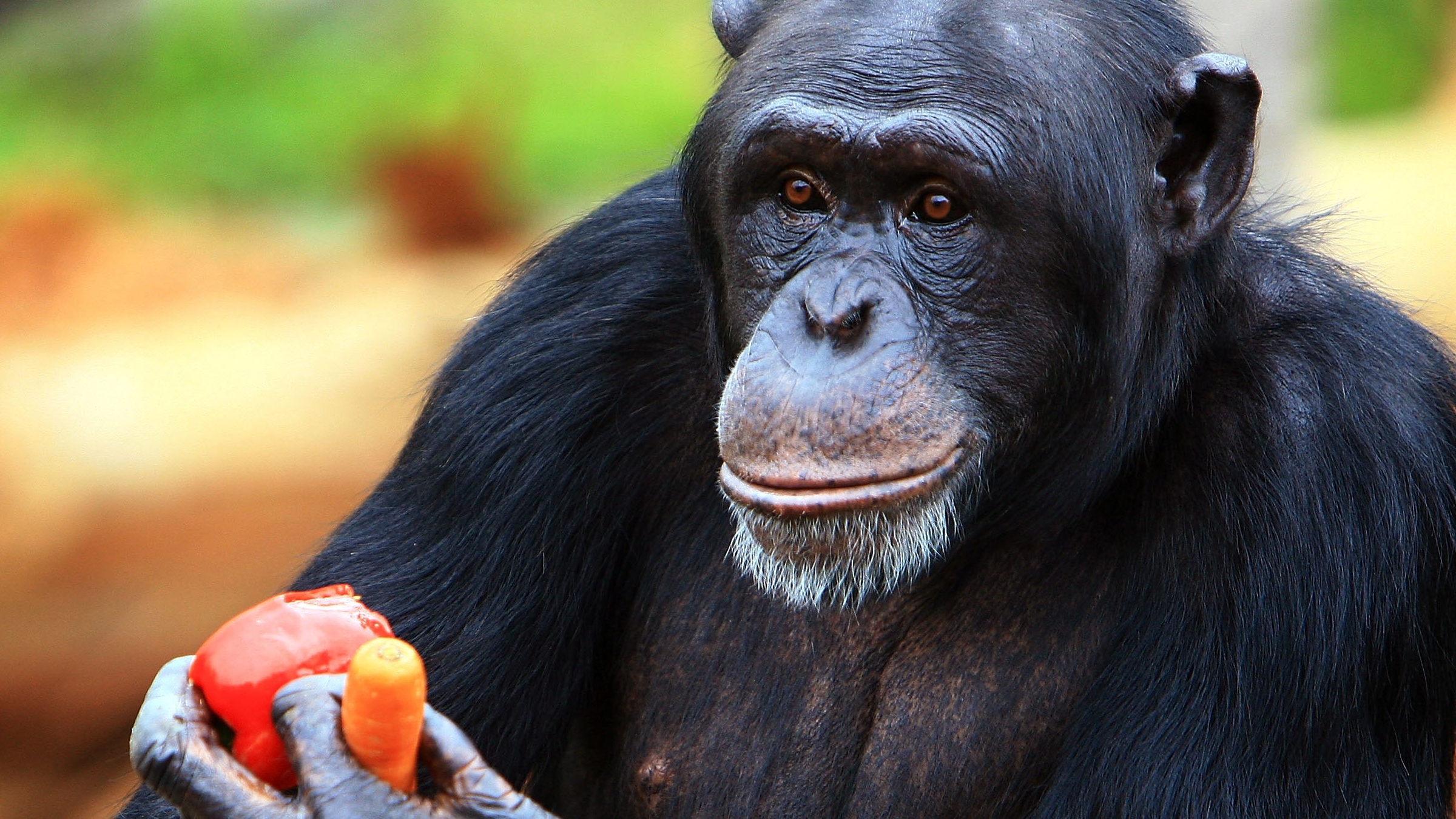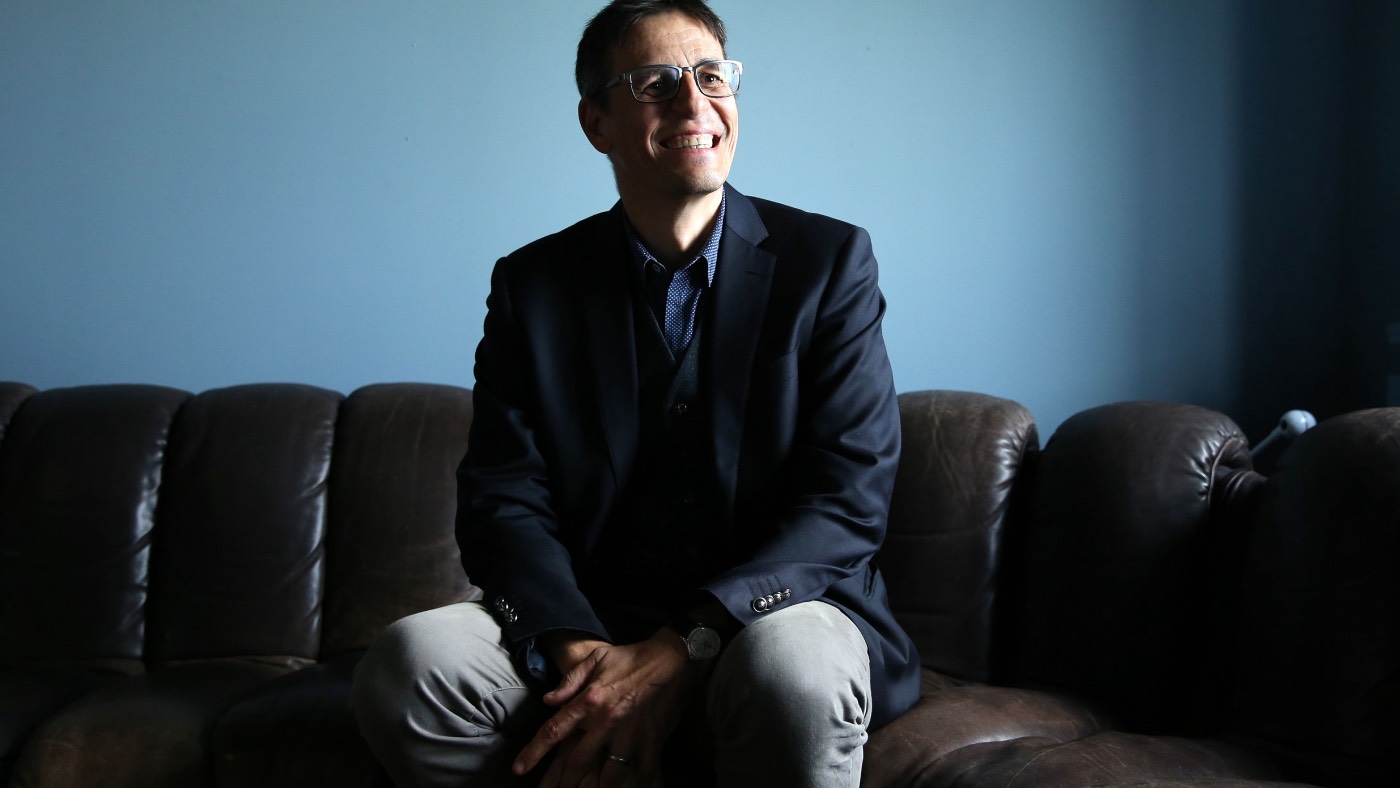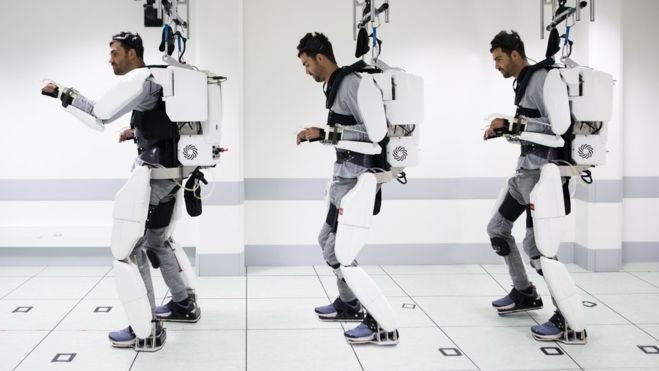London scientists attach licence plates to 500 bees
New project calls on 'citizen scientists' to help understand the lives and habits of the capital's insects

A free daily email with the biggest news stories of the day – and the best features from TheWeek.com
You are now subscribed
Your newsletter sign-up was successful
Hundreds of bees in London have been fitted with "licence plates" as part of a project to uncover the secret lives of the insects.
The London Pollinator Project aims to understand which parts of the capital are bee hotspots and what types of flowers the creatures like best.
Bee-spotters are being asked to take pictures of the 500 tagged insects, with prizes given to the best photos to sweeten the deal.
The Week
Escape your echo chamber. Get the facts behind the news, plus analysis from multiple perspectives.

Sign up for The Week's Free Newsletters
From our morning news briefing to a weekly Good News Newsletter, get the best of The Week delivered directly to your inbox.
From our morning news briefing to a weekly Good News Newsletter, get the best of The Week delivered directly to your inbox.
"The fact that the bees have individual 'licence plates’ will allow anyone interested to develop their own science project and ask scientific questions about the behaviour of bees," said Professor Lars Chittka of Queen Mary University of London, which is leading the project.
"Citizen scientists might be intrigued to see the same bee return to their balcony and might record when during the day, how many times and which flowers they prefer. They may be curious about what these regular visits tell us about a bee's memory for places and why certain bees prefer particular colour flowers."
[[{"type":"media","view_mode":"content_original","fid":"96373","attributes":{"class":"media-image"}}]]
"The project has already encouraged Londoners to plant flowers that are rich in nectar and pollen, like English lavender, viper's bugloss, or spiked speedwell," reports Phys.org website. "Once the bees are released, the researchers will be able to see how successful urban gardening efforts have been."
A free daily email with the biggest news stories of the day – and the best features from TheWeek.com
Professor Dave Goulson, a bee expert at the University of Sussex, told the Daily Telegraph: "Britain's bees are facing multiple threats, from loss of flower meadows and quiet places to nest, and from the many pesticides used in most modern farming."
"The good news is that we can all play a part in helping them. Making our gardens and allotments more friendly to bees is easy to do and can help make a real difference."
Friends of the Earth bee campaigner Dave Timms agreed, saying: "By choosing the right plants, avoiding pesticides and allowing patches to grow wild we can make a real difference to these crucial pollinators."
-
 The ‘ravenous’ demand for Cornish minerals
The ‘ravenous’ demand for Cornish mineralsUnder the Radar Growing need for critical minerals to power tech has intensified ‘appetite’ for lithium, which could be a ‘huge boon’ for local economy
-
 Why are election experts taking Trump’s midterm threats seriously?
Why are election experts taking Trump’s midterm threats seriously?IN THE SPOTLIGHT As the president muses about polling place deployments and a centralized electoral system aimed at one-party control, lawmakers are taking this administration at its word
-
 ‘Restaurateurs have become millionaires’
‘Restaurateurs have become millionaires’Instant Opinion Opinion, comment and editorials of the day
-
 Richard Branson’s Virgin Galactic and Jeff Bezos’s Blue Origin: the new space race?
Richard Branson’s Virgin Galactic and Jeff Bezos’s Blue Origin: the new space race?Speed Read Branson has declared space open for business. Is that still a pie in the sky?
-
 Russia and China joining forces to build first Moon base
Russia and China joining forces to build first Moon baseSpeed Read Lunar pact represents ‘all kinds of security threats’ to UK and US, expert warns
-
 Mystery of where Stonehenge stones came from finally solved
Mystery of where Stonehenge stones came from finally solvedSpeed Read But how the builders moved the huge stone megaliths to the Salisbury site remains a mystery
-
 How chimpanzee ‘lip smacking’ can unlock mystery behind human speech
How chimpanzee ‘lip smacking’ can unlock mystery behind human speechSpeed Read New study reveals rhythm of great apes’ communications is identical to spoken language
-
 Scientists discover new variety of black hole
Scientists discover new variety of black holeSpeed Read Astronomers had previously missed entire class of dead star
-
 Trio win Nobel physics prize for work to understand cosmos
Trio win Nobel physics prize for work to understand cosmosSpeed Read The scientists were hailed for ‘ground-breaking’ discoveries
-
 Quadriplegic man walks using mind-reading robotic exoskeleton
Quadriplegic man walks using mind-reading robotic exoskeletonSpeed Read Robo-suit hailed as huge step forward for paralysed patients
-
 Will ancient scrolls damaged by Vesuvius be read again?
Will ancient scrolls damaged by Vesuvius be read again?Speed Read Scientists believe they have developed technology to see what is on the famous scrolls